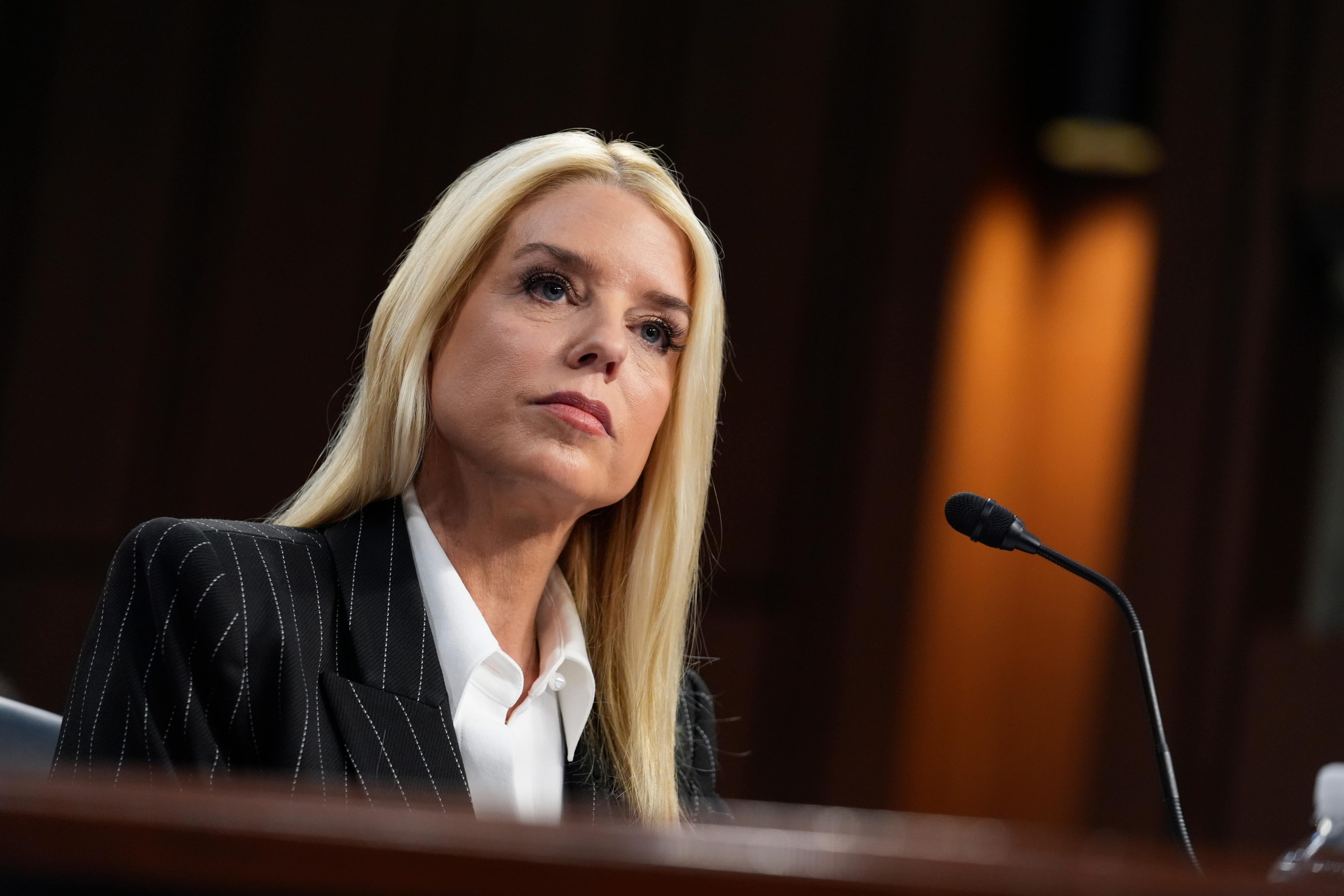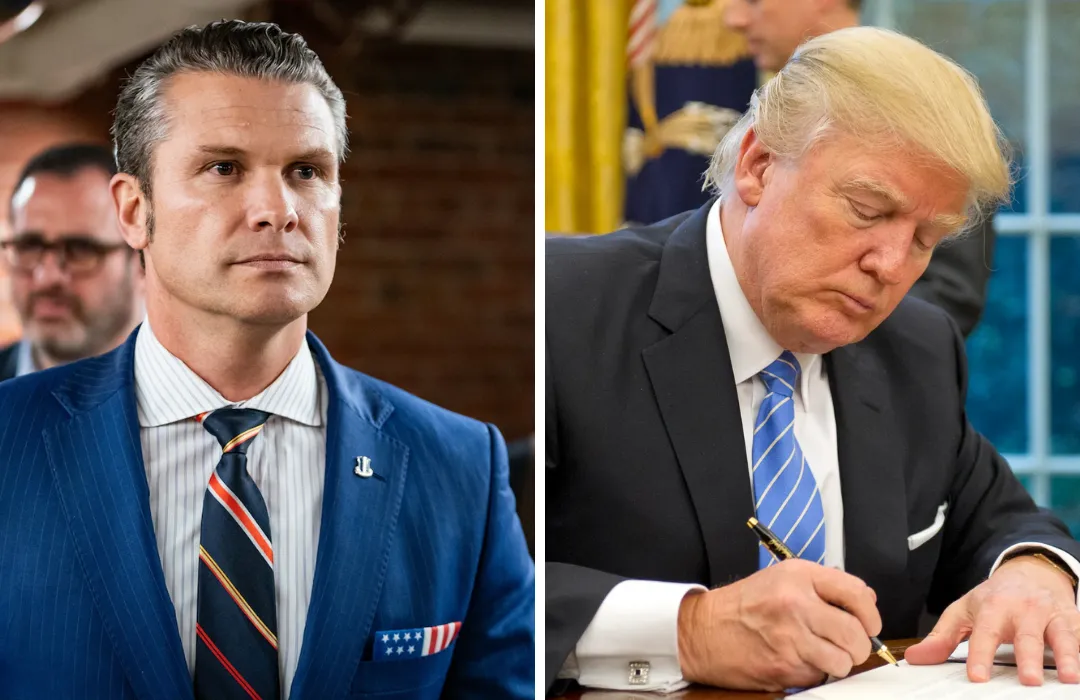
Jeanine Pirro, recently sworn in as the interim U.S. Attorney for the District of Columbia, has wasted no time in making her presence felt in the nation’s capital.
Stepping into the role with a vow to clean up Washington, D.C., she has already delivered a string of high-profile arrests and convictions in a matter of weeks, signaling a tough new chapter in the city’s law enforcement efforts.
Since taking the oath, Pirro’s office has rolled out case after case targeting violent offenders, drug traffickers, and those committing serious crimes against the community.
The pace of these announcements has been relentless, and the message clear: Washington, D.C., is on notice.
In just the past week, her team has announced several significant cases. Among them, robbers were sentenced for kidnapping and brutally beating a woman inside her own home.
Three more men in D.C. were sentenced for trafficking fentanyl, continuing the office’s focus on dismantling the networks responsible for bringing the deadly synthetic opioid into local communities.
In another case, a marijuana dealer who also possessed a machine gun received a 27-month federal prison sentence. And in one of the most disturbing cases, a jury found a father guilty of first-degree child sexual abuse of his 12-year-old daughter.
The scope of these cases shows Pirro’s multi-pronged approach: targeting both violent criminals and those driving the drug trade that fuels much of the city’s crime.
One of the most significant developments from Pirro’s office last week was the sentencing of two individuals tied to a major drug trafficking conspiracy that also involved a shooting in Northeast D.C. Jamiek “Onion” Bassil, 32, and Charles “Cheese” Manson, 34, both of D.C., received 135 months and 175 months in prison, respectively.
The two were central figures in a fentanyl and crack cocaine distribution network that operated throughout the city.
According to Pirro, the men were members of the so-called “21st and Vietnam” crew, an organized group that controlled an open-air drug market in the 2100 block of Maryland Avenue, Northeast.
This crew supplied large quantities of illegal drugs, including fentanyl—a substance so potent that just two milligrams can be fatal, according to the United States Drug Enforcement Administration.
Bassil and Manson’s convictions came with additional criminal elements. Manson was directly tied to a March 7, 2024, shooting in the 1900 block of I Street, Northeast.
The incident occurred just outside his own residence and was reportedly linked to a disagreement involving a crew member and a passerby walking their dog.
Before the shooting, Manson was handed a ski mask by another member of the crew. He entered an apartment complex, donned the mask, and emerged with a revolver in hand. Moments later, he fired multiple shots at the dogwalker. Miraculously, neither the person nor the dog was hit.
When police arrested Manson eight days later, they discovered a Glock 17 handgun loaded with 22 rounds of 9mm ammunition, along with a pistol magazine, a box of ammunition, approximately 50 grams of fentanyl analogue, nearly 14 grams of cocaine, and various drug paraphernalia.

Bassil, for his part, admitted to selling up to 80 grams of fentanyl to undercover police officers between January and March 2024. On multiple occasions, he also sold other controlled substances to law enforcement agents.
Both men pleaded guilty on March 21. Bassil admitted to conspiracy to distribute 400 grams or more of fentanyl, while Manson pleaded guilty to conspiracy to distribute 40 grams or more of fentanyl, possession of a handgun in furtherance of a drug trafficking felony, and assault with a dangerous weapon.
Pirro’s announcements this month have not been confined to drug cases. She has also spotlighted prosecutions for violent crime, including cases of kidnapping, assault, and child sexual abuse.
The diversity of cases suggests that her strategy is comprehensive, aiming to address both immediate threats to public safety and the deeper criminal networks operating in the city.
In one recent case, a Washington state man was convicted for a series of alarming threats and weapons violations that stretched beyond the D.C. area.
The 39-year-old, identified as Taylor Taranto of Pasco, Washington, was found guilty by U.S. District Judge Carl J. Nichols of illegally carrying two guns without a license, unlawfully possessing ammunition, and spreading false information and hoaxes.
The charges stemmed from an incident on June 28, 2023, when Taranto livestreamed a video of himself driving near National Harbor, Maryland. During the broadcast, he claimed to be “working on a detonator” and threatened to drive a car bomb into the National Institute of Standards and Technology (NIST). His stated target was a neutron generator located on the NIST grounds.
After making these threats, Taranto drove across the Wilson Bridge into Alexandria, Virginia. He parked his van in the middle of a street and fled on foot, narrating to his audience how he could make the situation appear as though there was an emergency.

The chilling nature of his threats and the proximity to critical infrastructure prompted swift federal action.
Judge Nichols has not yet set a sentencing date for Taranto, as he is considering a defense request to release him until the hearing. If sentenced to the full extent of the law, Taranto could face years in federal prison.
For Pirro, the rapid succession of high-profile cases is part of a larger mission to restore order and safety to D.C. communities that have long struggled with violent crime and drug-related problems.
Her focus on fentanyl, in particular, reflects growing national concerns about the drug’s devastating impact. Fentanyl has become a leading cause of overdose deaths in the United States, and even small amounts can be lethal.
By targeting both major distributors and street-level dealers, Pirro is signaling a commitment to dismantling drug operations from top to bottom. The lengthy sentences handed down to figures like Bassil and Manson are intended to send a message: those who bring dangerous drugs and violence into the community will face serious consequences.
Her office’s willingness to prosecute a wide variety of offenses—from child sexual abuse to armed assaults to large-scale drug conspiracies—demonstrates an aggressive and all-encompassing approach to law enforcement.
In the short time since taking office, she has positioned herself as a formidable presence in the fight against crime in the capital.
While Pirro’s early days as interim U.S. Attorney have been marked by rapid and decisive action, the long-term impact of her leadership will depend on whether these prosecutions lead to sustained reductions in crime and drug trafficking.

Federal prosecutions often take months or years to fully resolve, and the sentencing of major players is only part of the equation. The dismantling of criminal networks also requires ongoing cooperation between local police, federal agencies, and community leaders.
For now, the sheer volume and seriousness of the cases announced under Pirro’s watch have drawn attention both inside and outside Washington, D.C. The public has taken notice of her promise to clean up the city—and her swift moves to back that promise with action.
If the pace of these arrests and convictions continues, Pirro’s tenure could be remembered as a turning point in the District’s fight against violent crime and drug epidemics. But with D.C. still facing entrenched criminal networks and persistent challenges, the battle is far from over.
One thing is clear: under Jeanine Pirro’s leadership, Washington’s criminals are finding fewer places to hide.
Full video:




